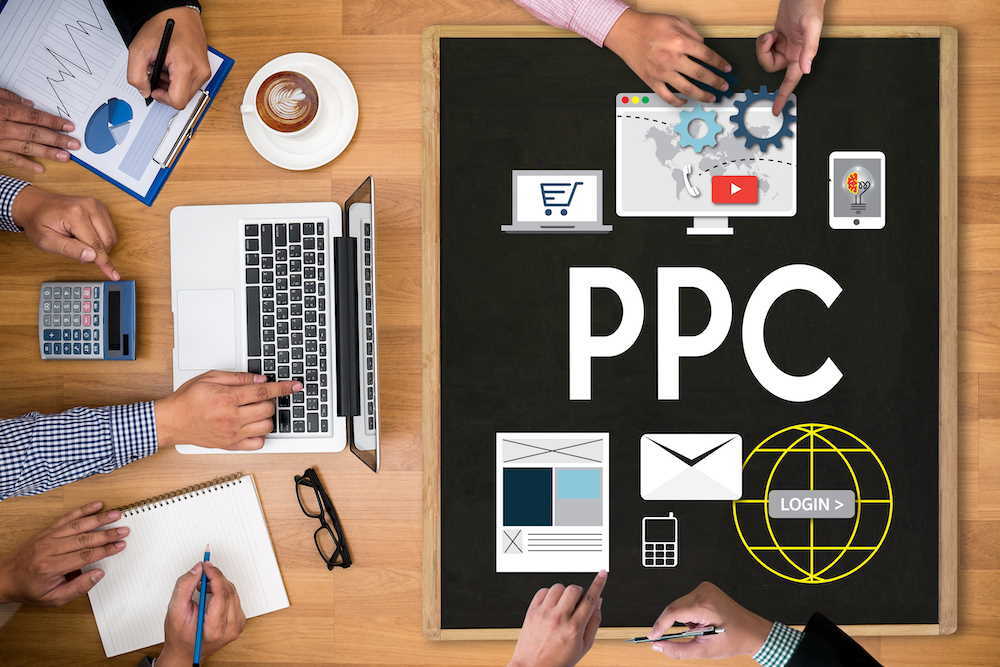A smart PPC strategy jumpstarts brand awareness for a business and offers a great return on investment, but it must start by clearly defining the right PPC goals
PPC stands for “pay-per-click,” a digital marketing strategy in which advertisers pay a fee every time someone clicks their ad on the internet. A smart PPC strategy is key to modern marketing success, but it must involve a campaign designed to meet specific goals such as brand awareness, product consideration, leads and sales.
PPC also levels the playing field. Small, medium-sized and large companies all have the chance to purchase advertisements in places such as Google search. But without a smart strategy and PPC goals, it can quickly prove costly and ineffective.
The best paid search marketing plans revolve around a custom solution built to meet the specific needs of a business. By partnering with a professional digital media marketing company, businesses can create PPC goalsthat give them the best return on investment.
PPC Goals Depend on Business Needs
A good PPC strategy does not take a cookie-cutter approach. It starts with knowing, in detail, what a business wants from a PPC campaign. Without doing this, a PPC plan can never get off the ground.
While every business has its own unique set of issues, most PPC goals fall into the following categories. Each requires a unique approach.
Brand Awareness
The internet provides an unprecedented opportunity for businesses that want to raise awareness quickly and efficiently for their brand. However, some still focus only on Google AdWords, which allows their contextually relevant ads to appear on search engine result pages. That can still work in some cases, but many businesses can better target the desired demographic through social media platforms such as Facebook and Twitter. By knowing their PPC goals, business leaders can choose the platform that best helps achieve them.
Product Consideration
Searches by consumers who have reached the purchase consideration phase typically become specific. PPC strategy for product consideration should include detailed targeting of the right consumer demographic as well as a strong call to action. Remarketing, which involves displaying an ad to call a consumer back to a product they previously viewed, also can play an important role in this phase.
Lead Generation
A PPC strategy focused on lead generation is a key part of a long-term marketing strategy. In this phase, PPC goals involve getting information from interested consumers so that you can follow up with them later. Calls to action when trying to generate leads can include offering a free trial, consultation, white paper or the chance to view a product demo. To receive any of them, consumers fill out a form with basic contact information. They are then later contacted by representatives to generate a sale.
Sales
Sales is the frontline of any business. When it comes to PPC strategy, it involves getting your ad placed where serious buyers are searching for information. When people reach the buying stage, they may conduct detailed searches that include brands, model numbers, financing options and shipping information. Ad copy in this phase should assure consumers you are the company to buy from by highlighting features such as guarantees, after-purchase services and warranty information.
Successful PPC strategy aims at creating a campaign that fulfills a specific goal. The first step is finding a company that talks about these types of PPC goals with your campaign. Otherwise, keep searching until you find a company that does.










hi there thanks for sharing this amazing article with us. I was really looking for something like this as I am going to run the first a PPC campaign of my career. And this article is very helpful for me.